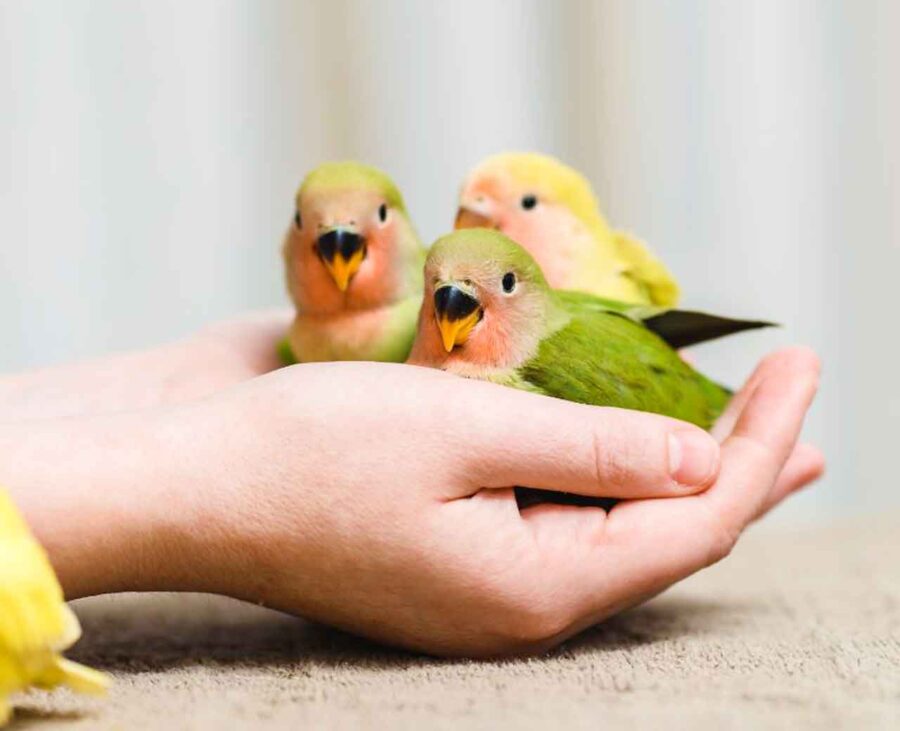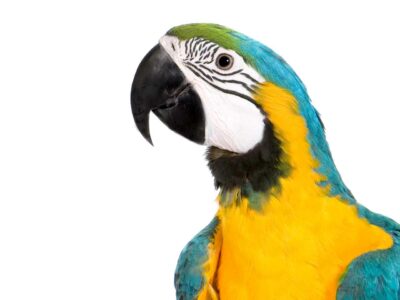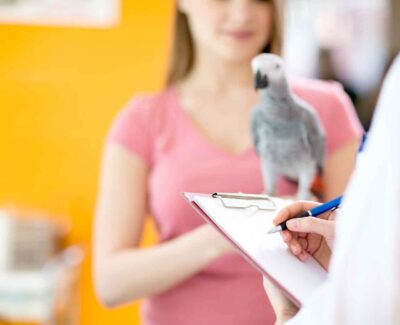
The Risks of Buying Unweaned Birds
When searching for a new feathered companion, you may occasionally see breeders or sellers offering unweaned baby birds—that is, chicks who are not yet eating on their own and still require hand-feeding. While this may sound appealing to some buyers who want to “bond” with their bird from the earliest stage, purchasing an unweaned bird carries serious risks to both the bird and the new owner. Therefore, responsible aviculturists and veterinarians generally recommend against it.
What Does “Unweaned” Mean?
A weaned bird is one that has transitioned from hand-feeding or parent feeding to eating solid foods on its own. Depending on the species, weaning may take anywhere from a few weeks to several months. For example, budgies may be weaned as early as 6–8 weeks, while larger parrots like macaws may require several months.
When a bird is sold before this critical milestone, the responsibility for completing the weaning process is left to the new owner—who may not have the training, equipment, or experience to do it safely.
Why Buying Unweaned Birds is Risky
Serious Health Risks
Hand-feeding requires specialized knowledge. If formula is mixed improperly, fed at the wrong temperature, or delivered incorrectly, it can lead to problems such as:
- Crop burns (from food that is too hot)
- Aspiration pneumonia (if formula enters the lungs)
- Crop infections or impactions
- Nutritional deficiencies
Inexperienced hand-feeding can result in long-term health problems—or even death.
Weaning is a Critical Developmental Stage
Weaning is not just about food—it’s a time when birds develop confidence, independence, and learn to explore new textures and tastes. Forcing early weaning or mishandling this stage can result in:
- Behavioral problems (such as excessive screaming or biting)
- Weaning regression (when the bird refuses to eat solid foods)
- Poor eating habits that last a lifetime
No Guarantee of Better Bonding
Some sellers claim that hand-feeding helps owners bond more closely with their bird. In reality, bonding comes from positive, consistent care throughout a bird’s life—not from hand-feeding formula. Buying a bird who has been properly weaned will give you a healthier, more confident companion who is ready to build a relationship with you.
Questionable Breeding Practices
Reputable breeders typically keep chicks until they are fully weaned to ensure their health and safety. Sellers who push unweaned babies onto buyers may be prioritizing profit over animal welfare. This can be a red flag about their overall practices.
Rather than purchasing unweaned birds, consider the following guidelines:
- Only purchase from reputable breeders or rescues who keep birds until they are fully weaned and eating independently.
- Ask for details about diet and care—a responsible breeder will provide a weaning diet history and support during the transition.
- Be patient. While it may take longer to bring your new bird home, waiting will ensure that you’re welcoming a healthy, well-adjusted companion.
Buying unweaned birds may place them at unnecessary risk and set up new owners for heartache. By waiting until a bird is fully weaned, you’ll provide your feathered friend with the best possible start in life—while also giving yourself the best chance at a happy, long-lasting bond.
Thinking about bringing a bird into your life? Take our Bird Matchmaker Quiz to discover which species best fits your home, lifestyle, and experience level!





